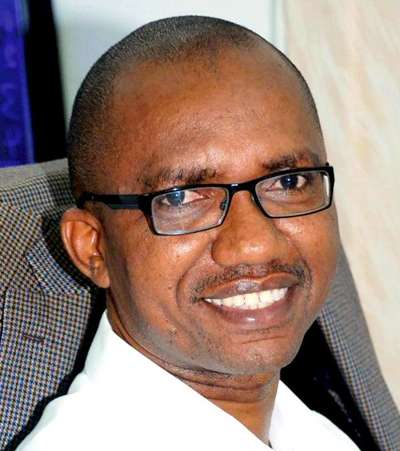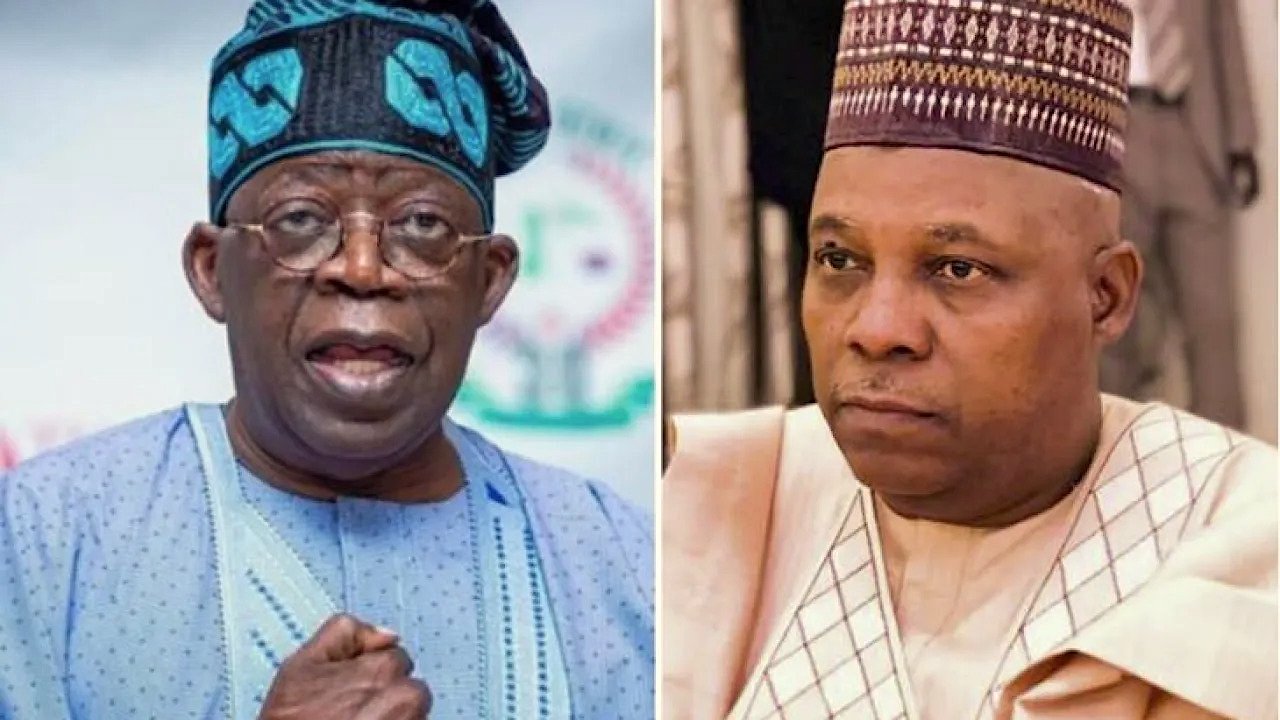You don’t want to go to prison in Nigeria By Prince Charles Dickson Ph.D.
For Naija Prison Yard
Inside dis place, where time dey freeze,
Na prisoners full, dem hold for squeeze.
For Naija prison yard, dem dey suffer,
Locked away, life gettin’ tougher.
Dem wear dem stripes, dem wear dem chains,
In dis concrete jungle, where hope remains.
From Lagos to Kano, Port Harcourt to Abuja,
Prisoners dey hustle, na dem wahala.
Dem dey dream of freedom, dey dream of peace,
Longin’ for release, for burdens to cease.
But in dis place, where hope dey fade,
Dem hold on tight, no matter di shade.
Inside dis walls, na stories untold,
Of lives shattered, and dreams unfold.
For Naija prisoners, di struggle dey real,
But even in darkness, dem still find zeal.
So let us not forget, dem humanity,
Extend a hand, show some empathy.
For prisoners in Naija, dey deserve a chance,
To change their lives, and find romance.
We hardly talk about the correctional services, or as people still like to call it, the prisons, and it is for obvious reasons. There are many things in Nigeria, we don’t wish even our enemies and importantly we do not want to run afoul of the law to the point that we find ourselves in prison.
That said, let me start from the bottom, or better put, say that despite the challenges of the Nigerian Correctional Services, there have been some successes in the Nigerian correctional system. For example, in recent years, the government has taken steps to reduce the number of pretrial detainees and to improve conditions in the facilities. In addition, there has been a push to provide more education and vocational training for inmates, which can help them to reintegrate into society after their release. Overall, however, there is still much work to be done to improve the Nigerian correctional system and ensure that it meets international standards for the treatment of prisoners.
But all these becomes a bird in a magician’s hat when you consider that in the last days of the outgoing administration, we are told that the Federal Government spends N1 million annually to cater for each of the inmates at the correctional facilities in the country.
To imagine that this statement was made while inaugurating a 20-bed COVID-19 Crisis Intervention Fund Hospital and Equipment at the Maximum-Security Custodial Centre, Port Harcourt by Sola Fasure, the Media Adviser to the Minister of Interior, Rauf Aregbesola speaks volumes.
By way of information, this is a facility with a capacity for 1,800 inmates, presently houses about 3,067 inmates, a vivid reflection of the situation in most urban custodial centres where we have congestion at the moment.
Facilities and even the personnel are overstretched, despite the best of efforts the welfare of inmates as well as the staff is nothing to write home about…
Let me put it mildly, the issues remain:
- Overcrowding: One of the biggest challenges facing the Nigerian correctional system is overcrowding. Many of the prisons in Nigeria are overcrowded, with inmates living in poor conditions and lacking access to basic amenities such as healthcare, clean water, and proper nutrition. This situation has been exacerbated by the slow pace of trials and the high number of pretrial detainees.
- Poor infrastructure: Many of the correctional facilities in Nigeria are in poor condition, with inadequate facilities and outdated technology. This has led to a lack of access to education, vocational training, and mental health services for inmates.
- Inadequate funding: The Nigerian correctional system has historically been underfunded, which has led to a lack of resources and staff to manage the facilities and provide necessary services to inmates. And it is at this point I am forced to highlight that the staff themselves are not happy or motivated on the job.
- Corruption: Corruption is a pervasive problem in Nigeria, and it has also affected the correctional system. Reports of bribery and other forms of corruption among prison staff have been reported, and this has led to a lack of accountability and transparency in the system, with all forms of rackets being run by staff in cohorts with inmates.
- Poor rehabilitation: The Nigerian correctional system has been criticized for its lack of emphasis on rehabilitation. Many inmates are released back into society without adequate support or training, which increases the likelihood of recidivism.
In light of the above, I need to tell you that it is a big fat lie that 1M is spent on a prisoner when a 20-bed clinic is provided for a facility that has in excess of 3000. With 244 correctional centres, 82 of which are in major cities, there remains huge security and human rights implications, condemned prisoners are left, minors are not catered for, inmates with fines as little as ten thousand Naira rot away.
So, if a prisoner gets a million that translates to approximately 27k per inmate, for how many inmates, and for what, and at whose expense, for a government that spends 200BN on postponed national census, or that spends billions for firefighter vehicles or millions for logo of an airway that only exist in a court without planes, you sure don’t want to be in our prisons.
I end with Asa’s lyrics for the song Jailer…
Mmm
No, no, no, no
Oh yeah
I’m in chains, you’re in chains too
I wear uniforms and you wear uniforms too
I’m a prisoner
You’re a prisoner too, Mr. Jailer
Oh
I have fears, you have fears too
I will die, but yourself will die too
Life is beautiful
Don’t you think so too, Mr. Jailer?
I’m talking to you jailer!
Stop calling me a prisoner
Let he who is without sin be the first to cast the stone
Mr. Jailer
Mr. Jailer man
We need to reform our correctional facilities beyond rhetoric, the next government must be intentional and deliberate to get it right. From inmates to prison staff, the police, and our entire criminal justice system requires an overhaul, because if we can’t get our prisons systems right, those of us outside are really in prison, when hunters will become the hunted—only time will tell.




